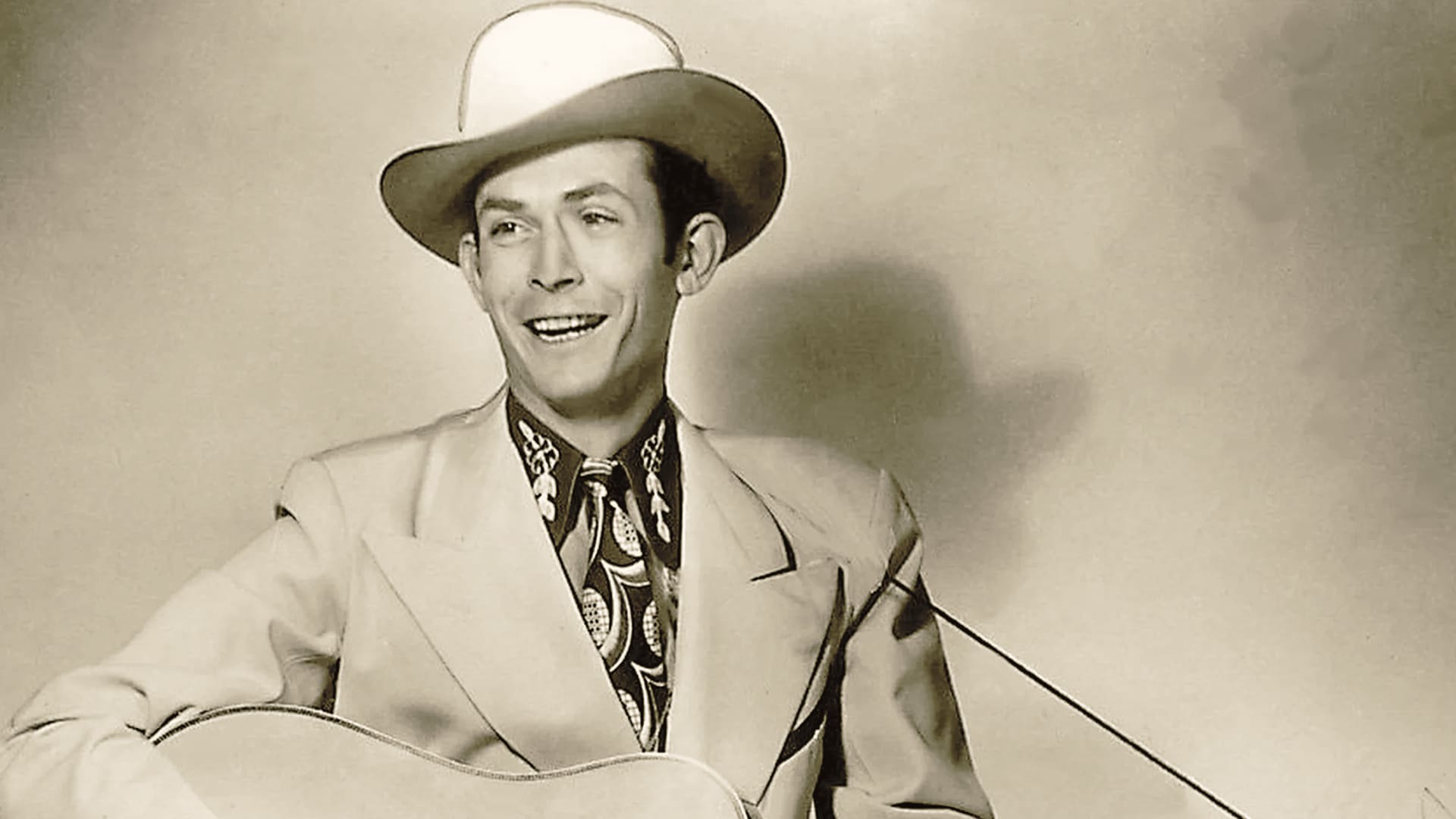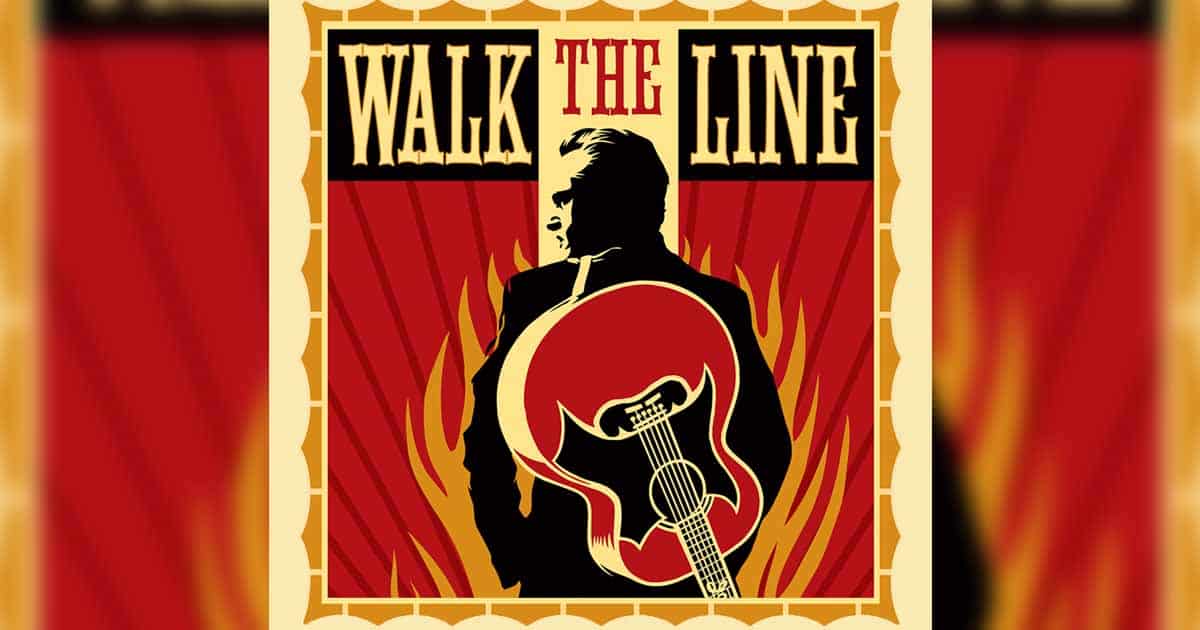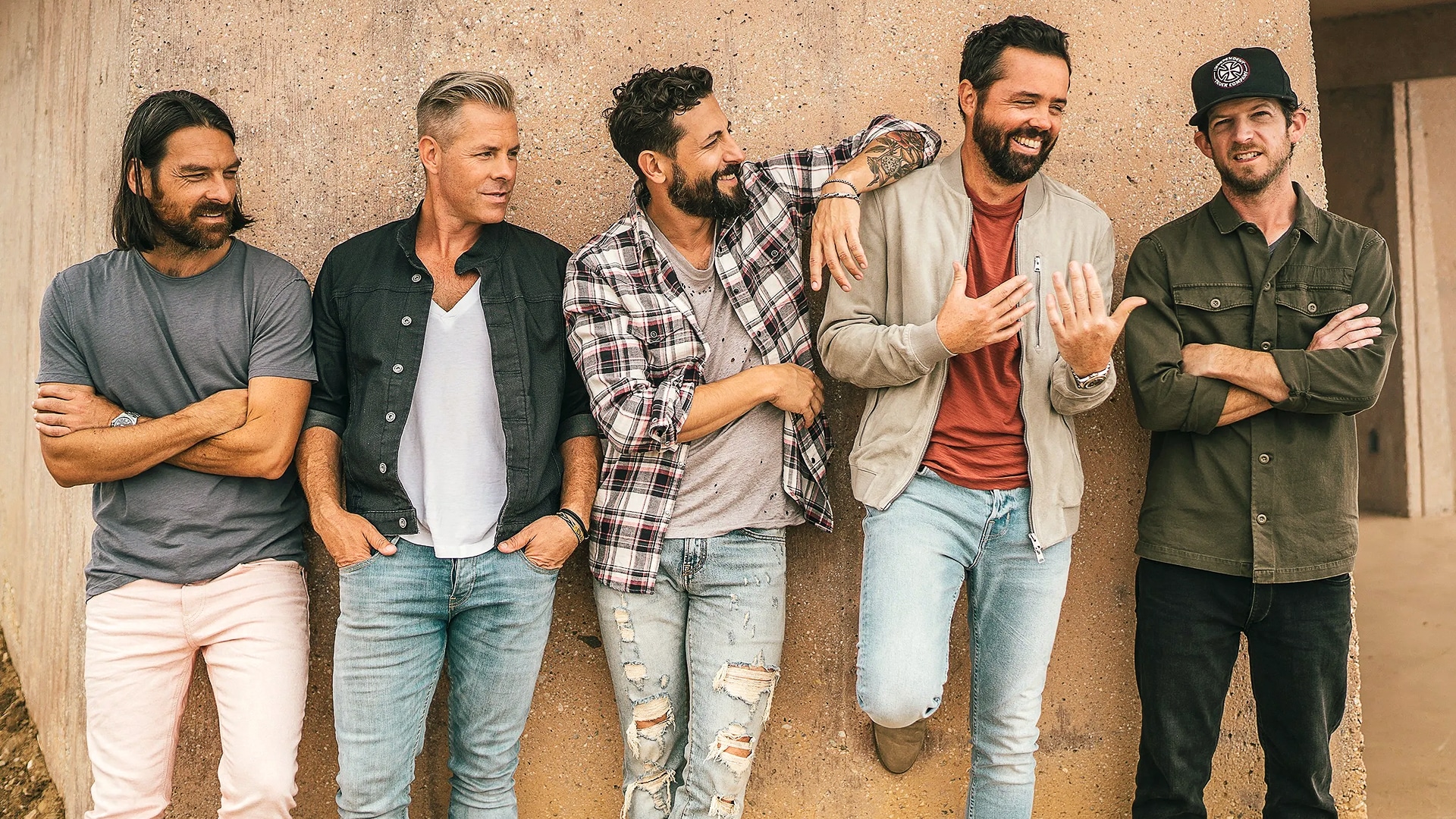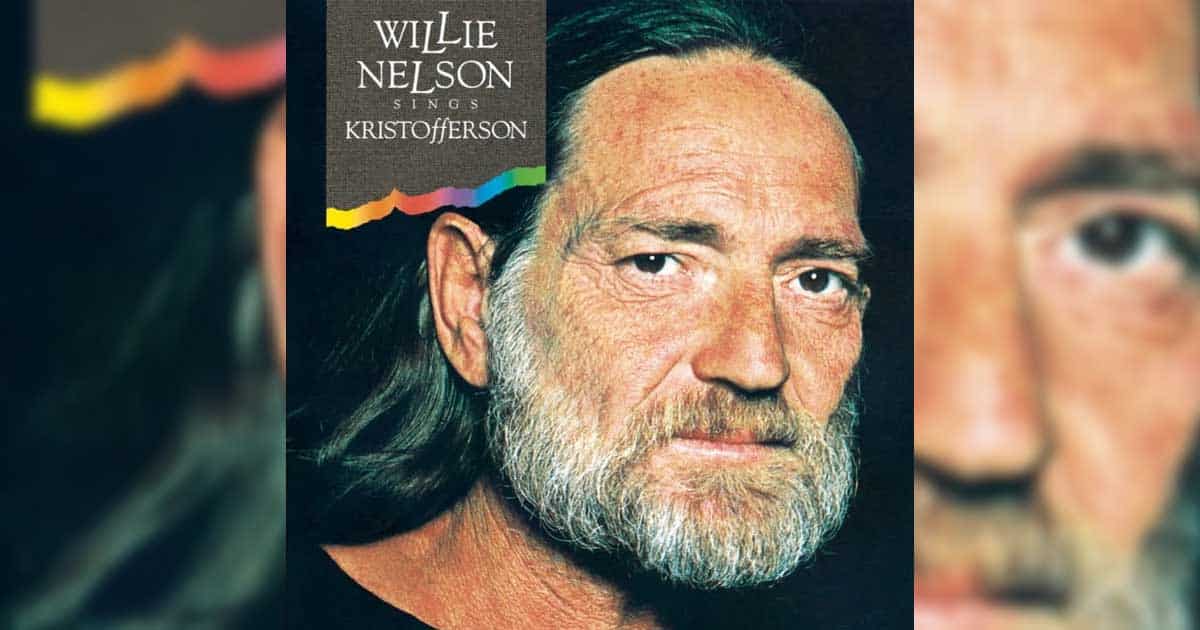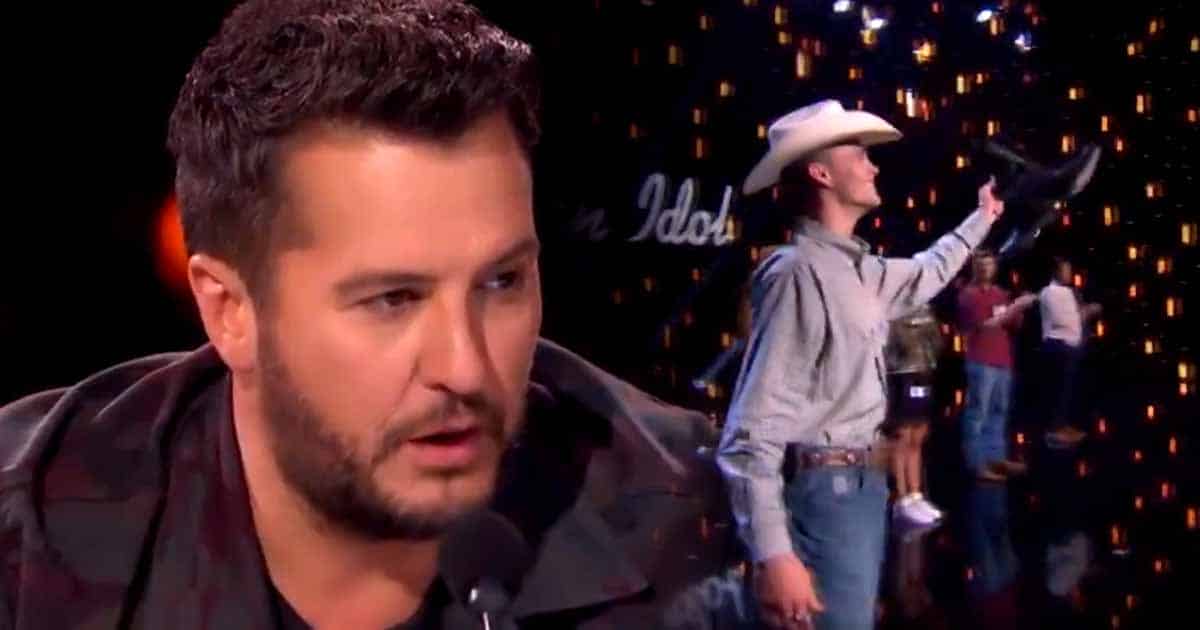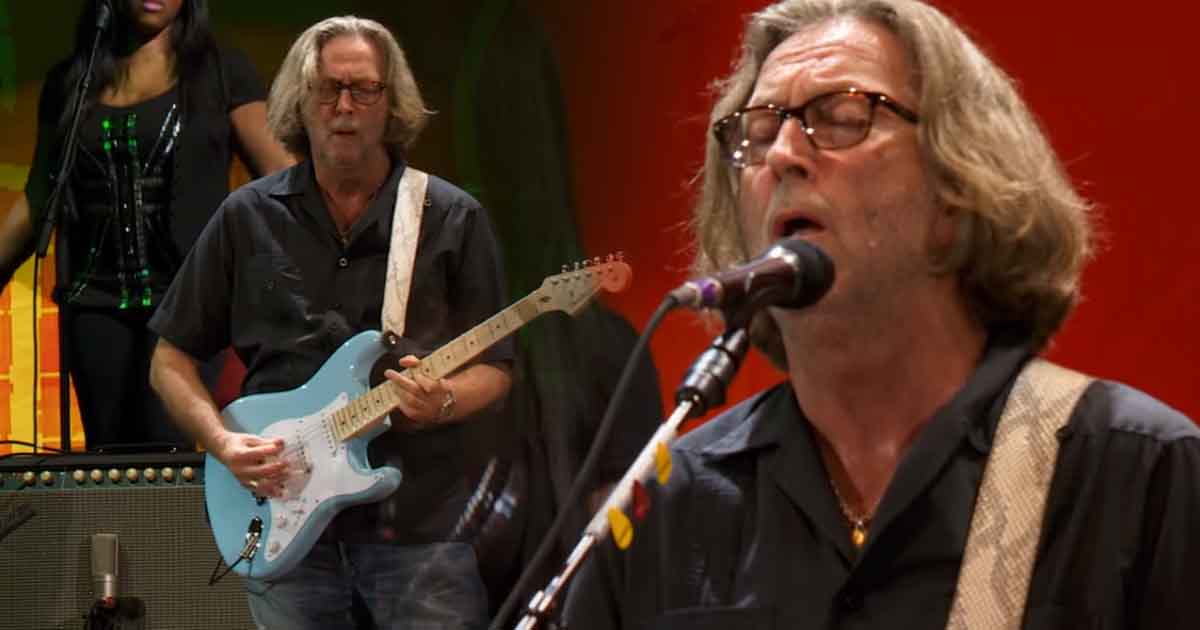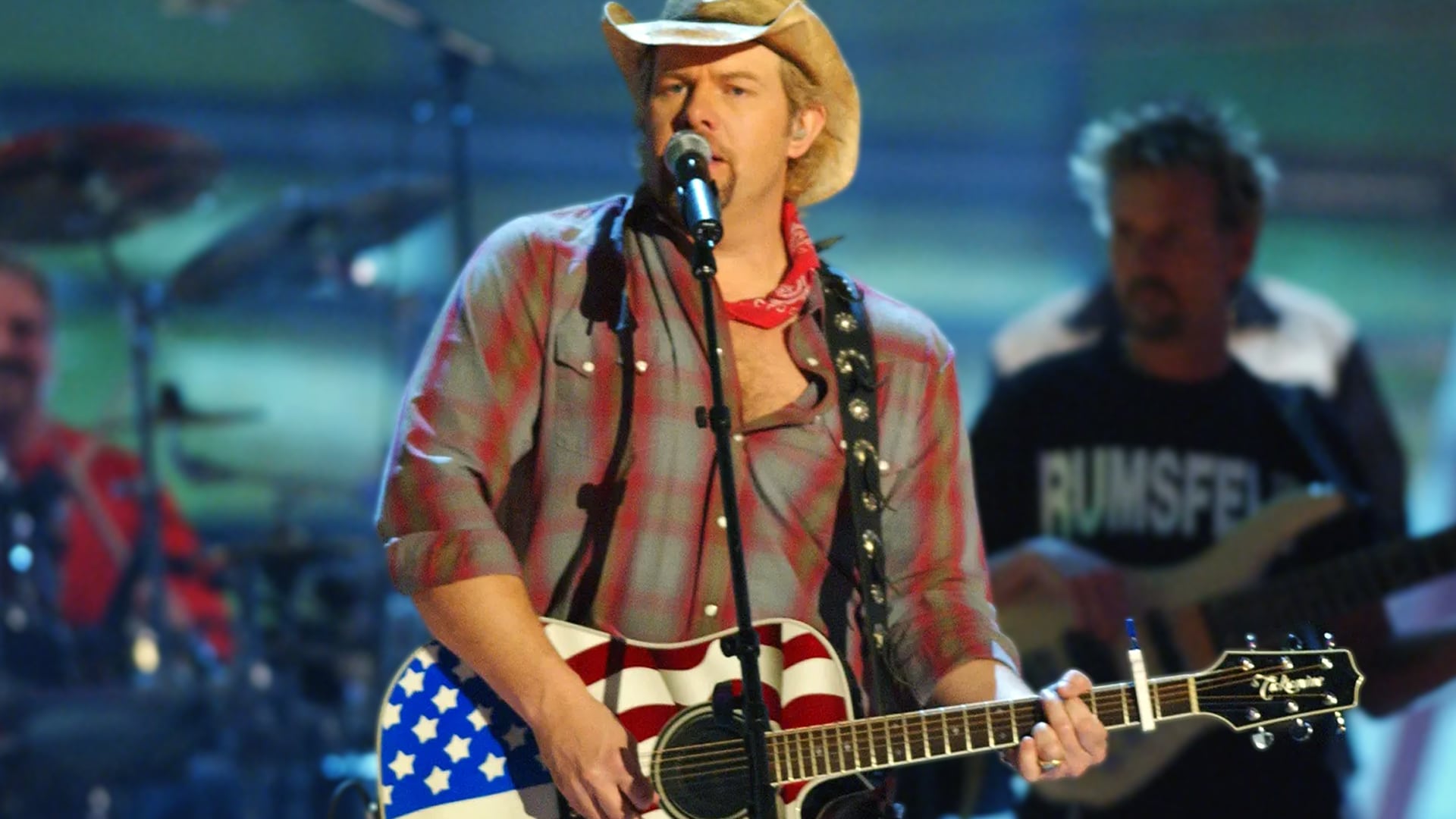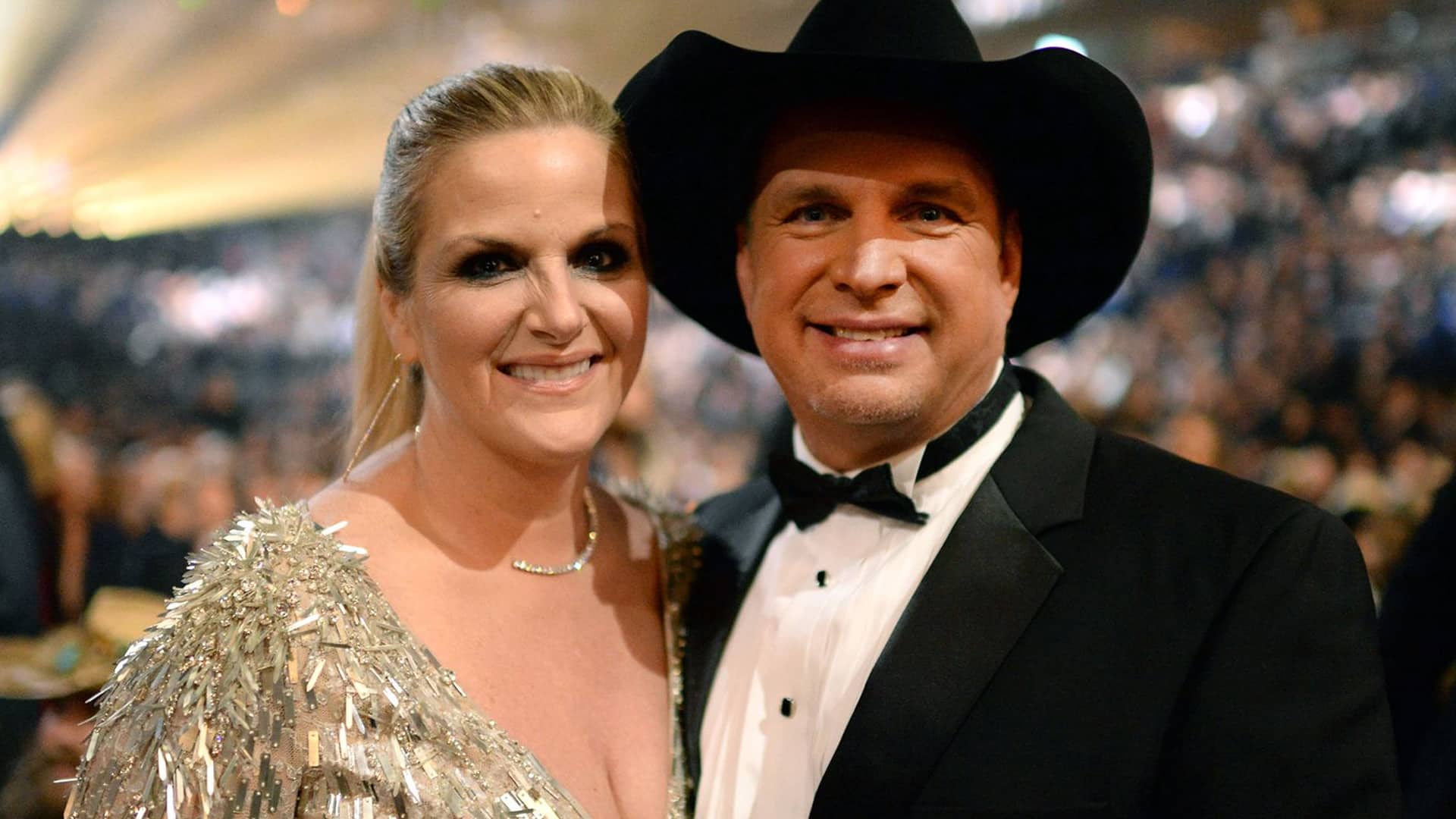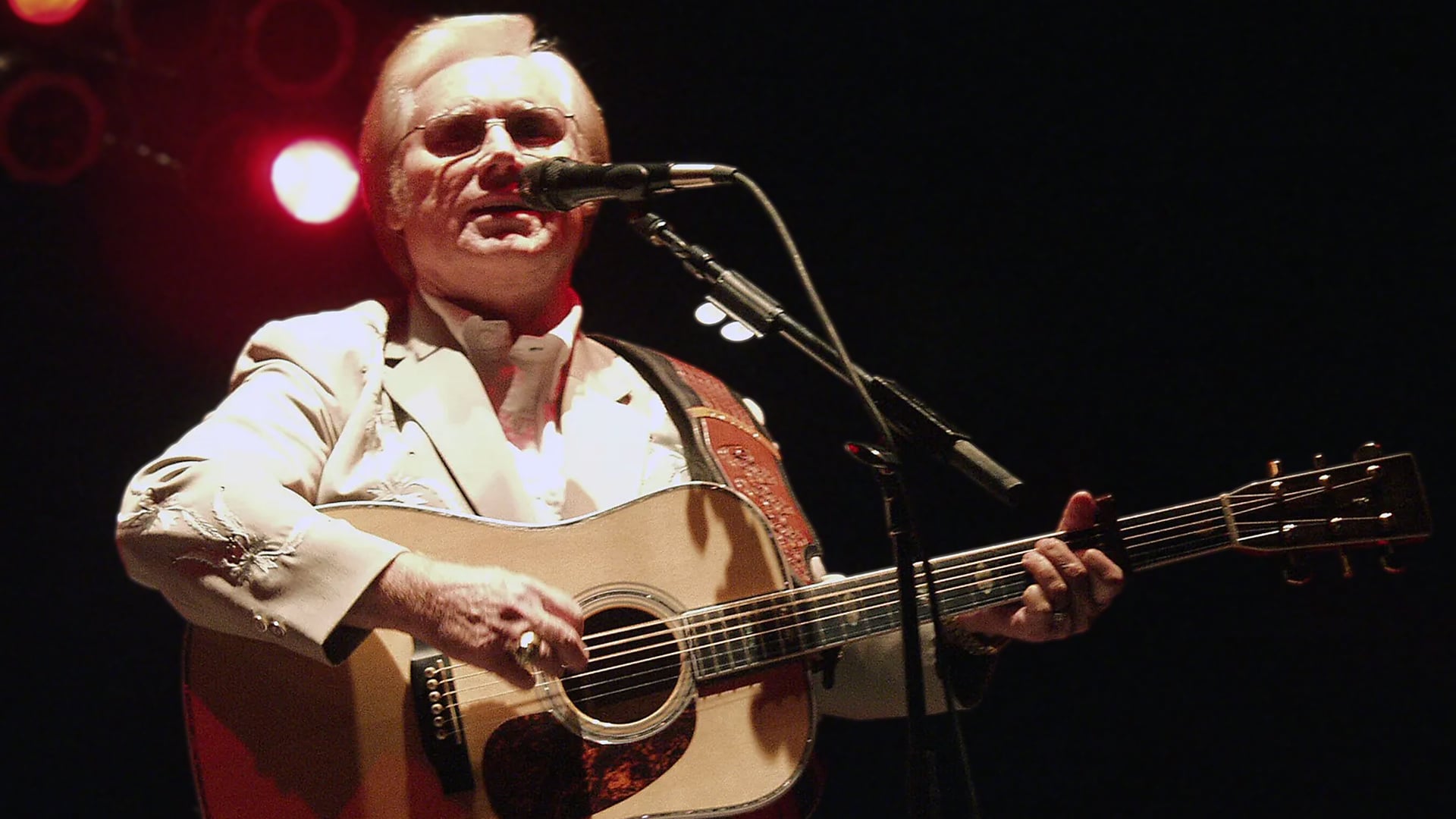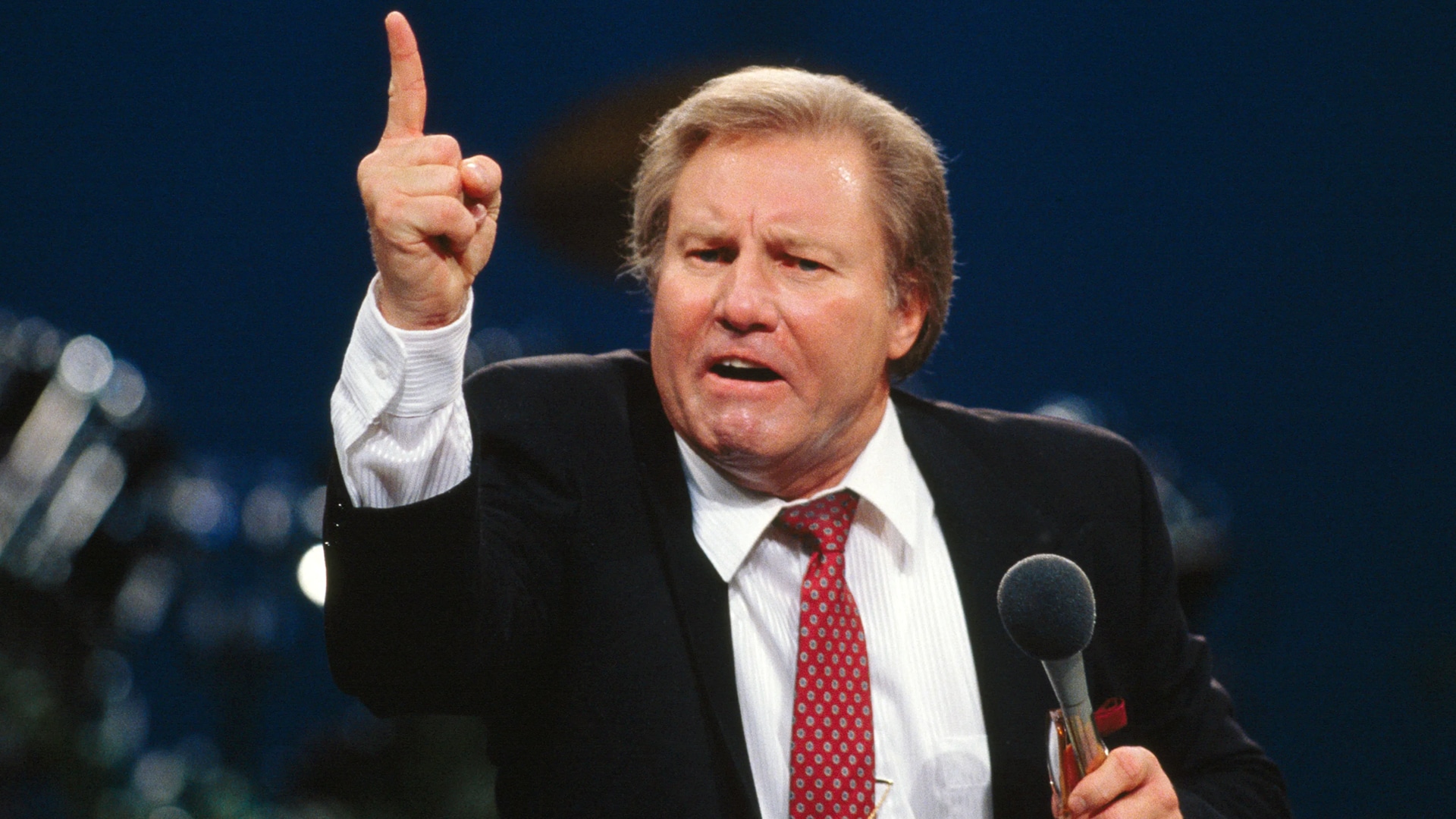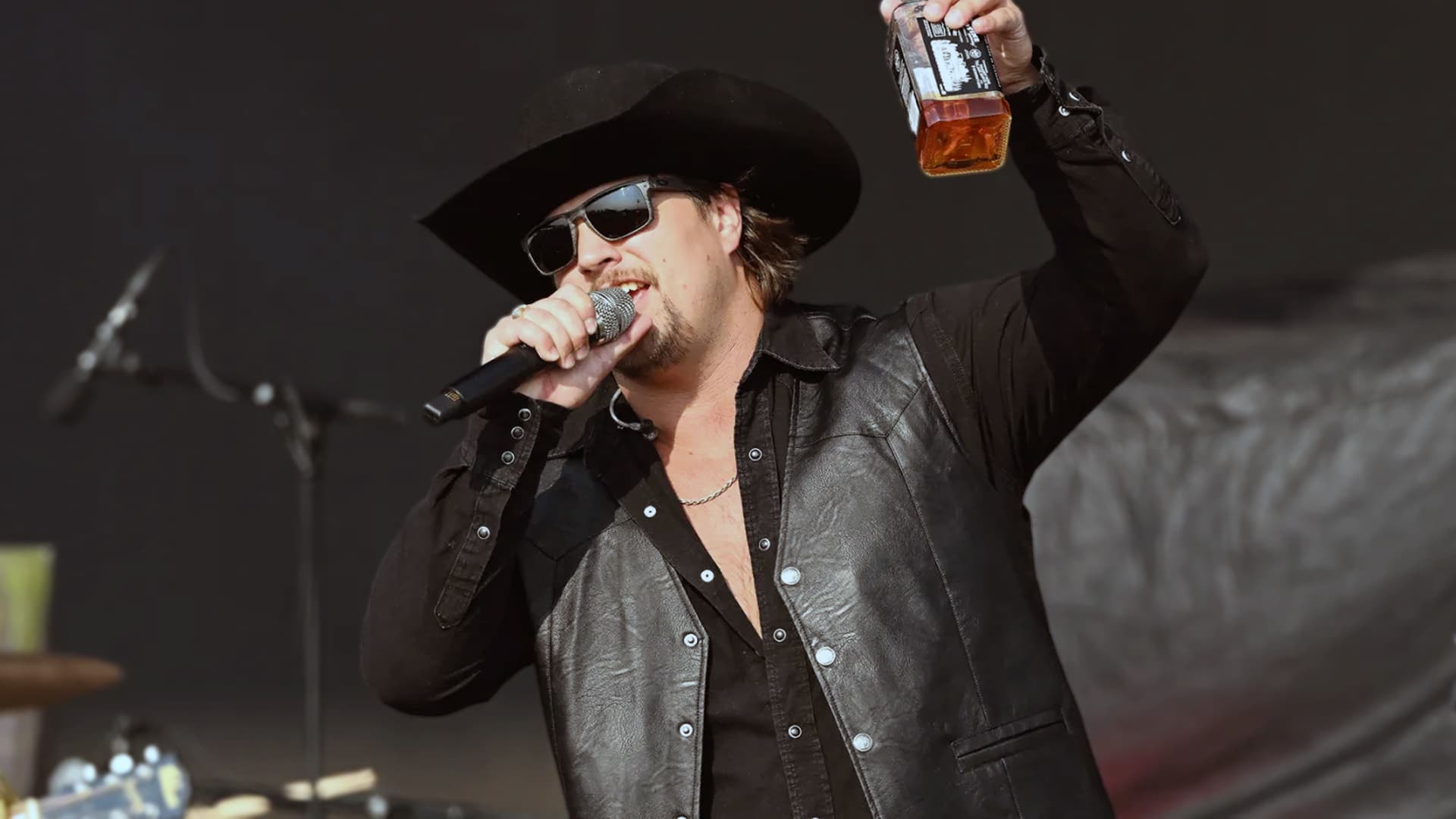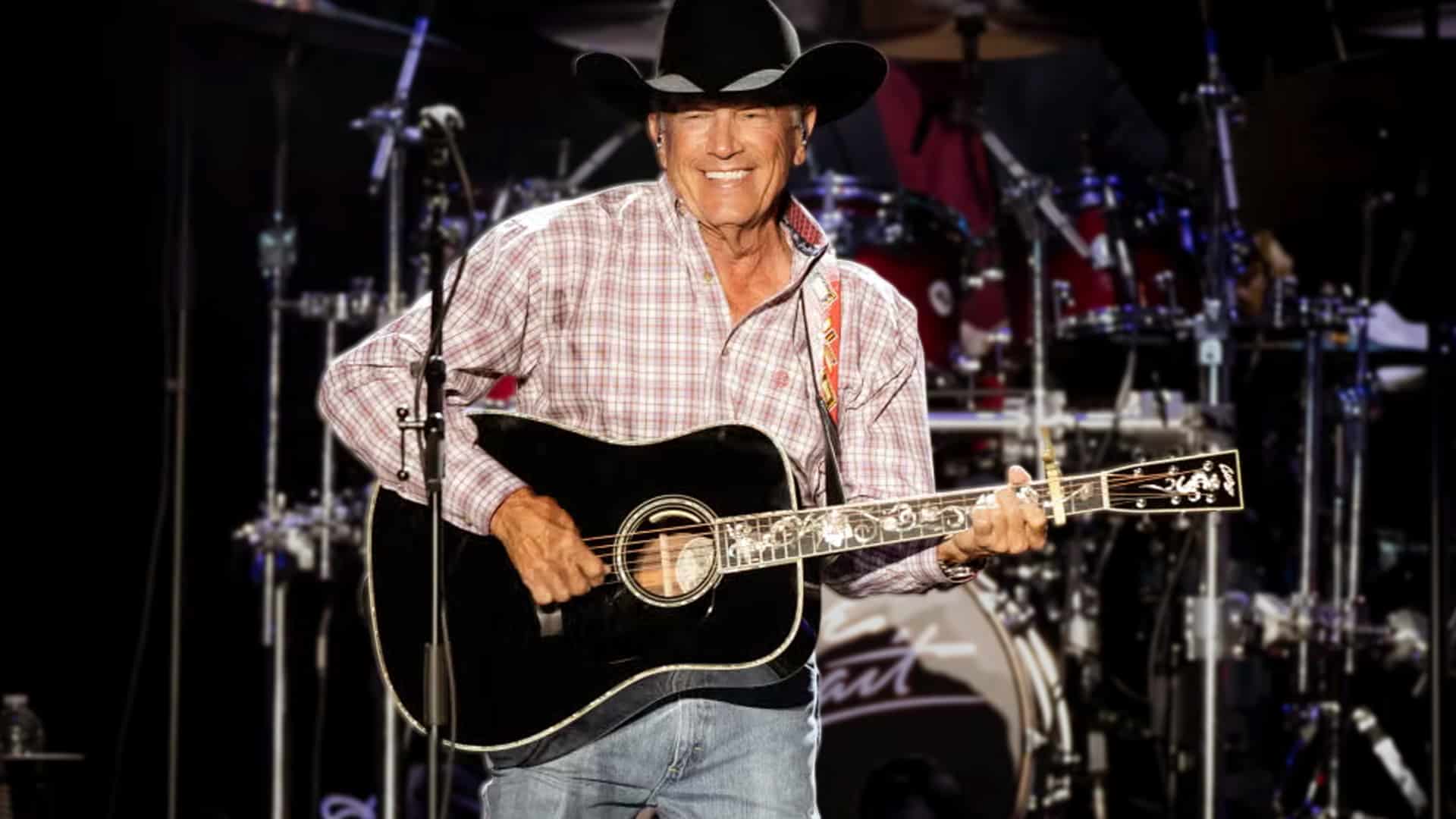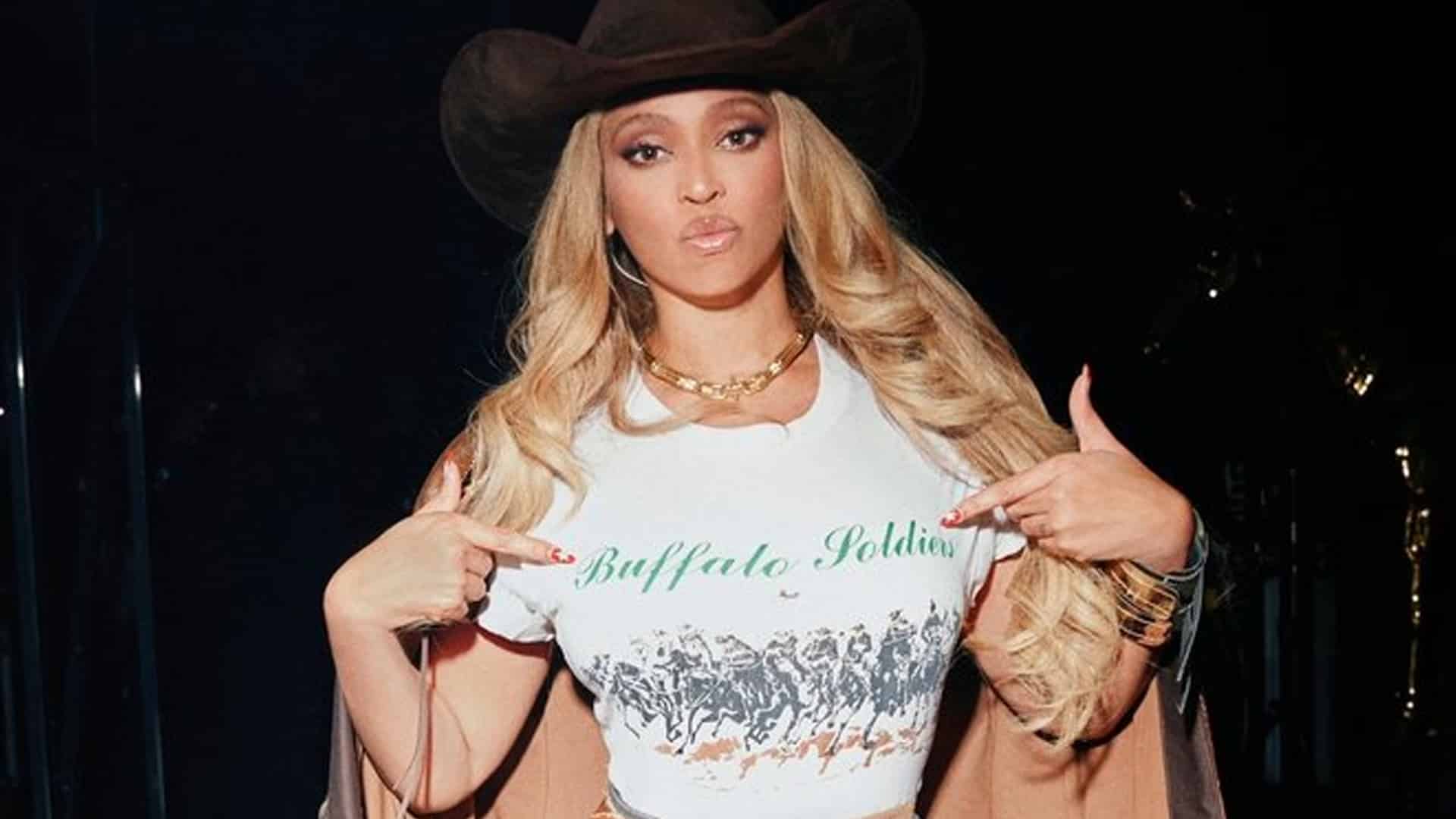When Hank Williams Sr. died alone in the backseat of a Cadillac on New Year’s Day 1953, country music didn’t just lose its biggest star. It lost its moral compass. He was 29, but his words had already carried the weight of generations. His voice sounded like whiskey-soaked truth. His pain was poetry. And his songs? They were the blueprint.
So what if he had lived?
That’s more than just a “what if” for country music fans. It’s a cultural fork in the road. Had Hank lived past 29, country might not have waited so long to start telling the truth again.
At the time of his death, he’d already racked up eleven No. 1 singles and written classics like “I’m So Lonesome I Could Cry” and “Your Cheatin’ Heart.” These weren’t just chart-toppers — they were emotional landmarks. Hank wasn’t just shaping a sound; he was shaping a standard.
If he had lived, it’s hard to imagine him staying boxed into traditional honky-tonk. He likely would’ve evolved, maybe even helped define the sounds of outlaw country long before it had a name. Would he have stood beside Johnny Cash at Folsom Prison? Would he have embraced the rebellious spirit that Waylon and Willie later lit on fire? He already carried that energy — raw, aching, real. And with age, his storytelling might’ve cut even deeper.
But Hank’s future wouldn’t just have been about sound. It would’ve been about survival. He battled chronic back pain, addiction, and demons most men would’ve collapsed under. If he had gotten the help he needed — something more accessible in later decades — his life might’ve taken a different shape. Imagine Hank Williams, weathered but sober, standing onstage at the first CMA Awards in 1967. Older, wiser, but still the best songwriter in the room.
His survival would’ve changed more than his own story. It would’ve changed Hank Jr.’s. Instead of growing up in the shadow of a myth, maybe Hank Jr. would’ve stood beside his father on stage. Maybe “Family Tradition” would’ve been a duet, not a defiant declaration of distance. And maybe country music would’ve been shaped by two Hanks — the first lighting the path, the second walking it with him.
There’s a good chance Hank would’ve aged into the kind of cultural statesman country rarely gets. Like Willie Nelson or Johnny Cash, he might’ve become a bridge between generations — a man who could sit in with Emmylou one year and Springsteen the next. A living legend, not a frozen-in-time tragedy.
But the truth is, his death at 29 carved him into something else — a permanent ghost in the machine. And country music, for all its growth, never quite filled the hole he left. We still measure heartache by the standard he set. We still hear him in every song that dares to bleed a little.
If Hank Williams Sr. had not died at 29, country music might have grown faster. It might’ve held onto its soul a little longer. And maybe, just maybe, the truth in the songs we hear today would still sound like him.
We never got to hear what Hank might’ve sung about growing old. But the silence he left behind still feels like a verse we were meant to hear — and never will.

